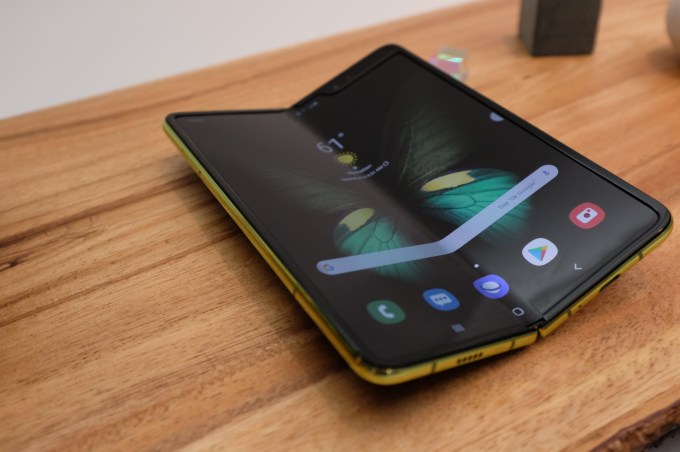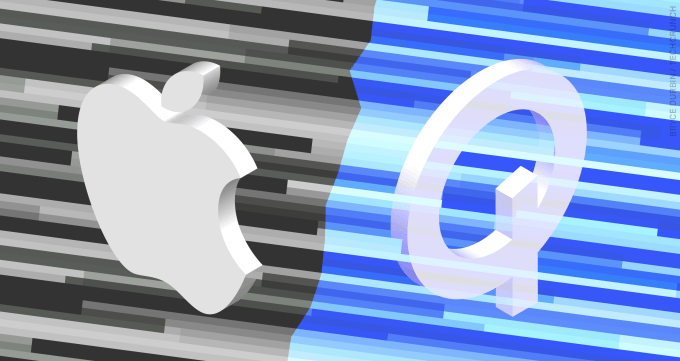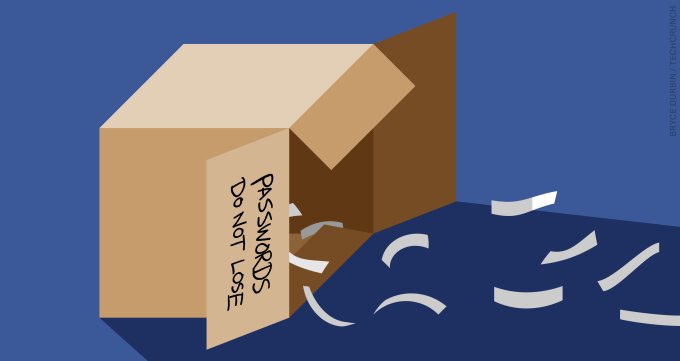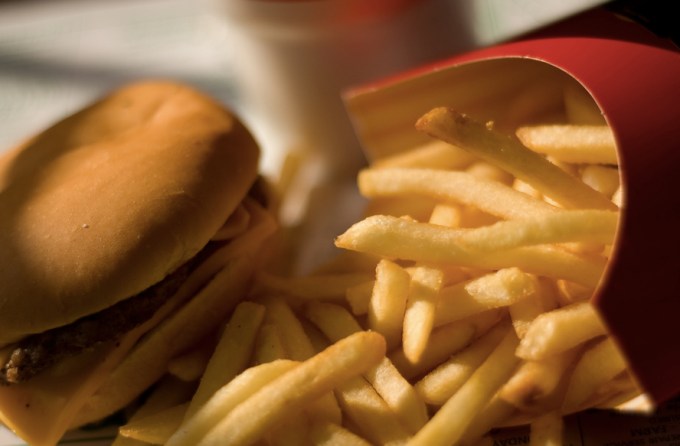Stop me if you’ve heard this one before. Samsung tries to deliver a big innovation and fails miserably.
A big story this week on TechCrunch was that in the buildup to the release of the Samsung Galaxy Fold, potentially one of the weirdest, most innovative, most expensive phones shipped in the past decade, there are some signs that this could be a momentous failure. Samsung only sent out about a dozen review units to press outlets, and three of them seemed to fail for three distinct reasons.
Does this inspire much faith in the durability of the $1,980 hardware (which has already sold out in pre-orders)? Not quite.
“A limited number of early Galaxy Fold samples were provided to media for review. We have received a few reports regarding the main display on the samples provided. We will thoroughly inspect these units in person to determine the cause of the matter,” a Samsung spokesperson publicly detailed, responding to the issues.

This nascent scandal may lead you to recall the Note 7 debacle, which earned Samsung what was perhaps the worst free advertising ever, with the FAA mandating just about every domestic flight begin with the pilot ensuring that the plane was Note 7-free. A phone spontaneously dying is a cake walk compared to a phablet bomb, but we’ll see whether this was just a big pre-release fluke and the consumer units prove more durable. That said, a failure rate of around 25 percent for models sent to journalists after a few days doesn’t inspire the greatest confidence.
Brian seemed to have some pretty nice things to say about his early time with the device —
Unfolding the Samsung Galaxy Fold:
Hands-on with the $2,000 foldable
I will say I did get a chance to fumble around with the Fold this week while our hardware editor Brian Heater was in town, and I personally found the device pretty inspiring. The screen on his still-functioning device is really quite beautiful and it all just feels like an innovative approach, even if it’s very first-gen at its heart.
Its good qualities all rely on the device continuing to function though, so I won’t get too complimentary until we get some further clarity on that.

Trends of the week
Here are a few big news items from big companies, with links to all the sweet, sweet added context.
- Apple +
IntelQualcomm = best friends
The two companies finally put aside their royalties and patent troll skirmishes, and various media reports suggest Apple’s mobile mea culpa was all about accepting Qualcomm’s command on 5G modems — something the iPhone giant really couldn’t afford to overlook. It was great news for Qualcomm, which had a major stock rally this week, but probably bad news for Intel, which seemed to be embracing a renewed and improved relationship with Apple as it tried to replace Qualcomm’s tech. Oh well. - TikTok’s shock block
Chinese company ByteDance’s cross-border hit TikTok hit a major stumbling block in India after a judge there ruled that app downloads had to be halted on iOS and Android following a number of issues regarding porn and other “illegal content.” There are 120 million existing TikTok users in India, but they shouldn’t be affected, as the service itself has not been banned — you just won’t find them in the app stores there. - Move slow, still break things
Twitter’s CEO Jack Dorsey continued his ill-advised public speaking tour with a chat at TED, where he first said he isn’t sure he’d build Twitter the same way if he got a second shot. “If I had to start the service again, I would not emphasize the follower count as much … I don’t think I would create ‘likes’ in the first place.” In response to a question about his lack of urgency in fixing some of Twitter’s more egregious problems, Dorsey said, “We are working as quickly as we can, but quickness will not get the job done… It’s focus, it’s prioritization, it’s understanding the fundamentals of the network.” - Sony teases an 8K PS5… Xbox loses a slot
While Google is betting on a world without dedicated high-end gaming hardware with its Stadia game-streaming platform, Xbox is betting on a future without physical media. Microsoft released the Xbox One S “All-Digital Edition” this week for $249. The company has been piping out mid-generation upgrades for Xbox One, and this is its most minor hardware update — there are almost no differences beyond the disc drive. Meanwhile, PlayStation kind of stole Xbox’s press lunch by giving some details on the PS5. Also on the gaming front, a report suggests Apple is spending more than $500 million on its Arcade gaming subscription service.
Shoot me tips or feedback
on Twitter @lucasmtny or email
lucas@techcrunch.com

Image: Bryce Durbin / TechCrunch
GAFA Gaffes
How did the top tech companies screw-up this week? This clearly needs its own section, in order of awfulness:
- Facebook elaborates more on that “screwing over users’ privacy” thing it does from time to time:
[Facebook now says its password leak affected ‘millions’ of Instagram users] - YouTube managed to add its own conspiracy to videos of the Notre-Dame fire:
[YouTube’s algorithm added 9/11 facts to a live stream of the Notre-Dame Cathedral fire]

Extra Crunch
Our premium subscription service has been off to a great start. I just kicked off my new series this week, “The Exit,” where I interview a lead investor in a recent exit. I talked to Bessemer’s Adam Fisher, who led Bessemer’s investments in Dynamic Yield, which McDonald’s bought last month for $300 million.
The Exit: an AI startup’s McPivot
“The pivot from courting the grey lady to the golden arches isn’t as drastic as it sounds. In a lot of ways, it’s the result of the company learning to say ‘no’ to certain customers…”
Here are some of our other top reads this week for premium subscribers —
- Data tells us that investors love a good story and other secrets to a winning pitch deck, from DocSend
- The different playbooks of D2C brands
- Google Cloud, McDonald’s big tech acquisition and motivating an engineering team
Want more TechCrunch newsletters? Sign up here.
Source: Tech Crunch

